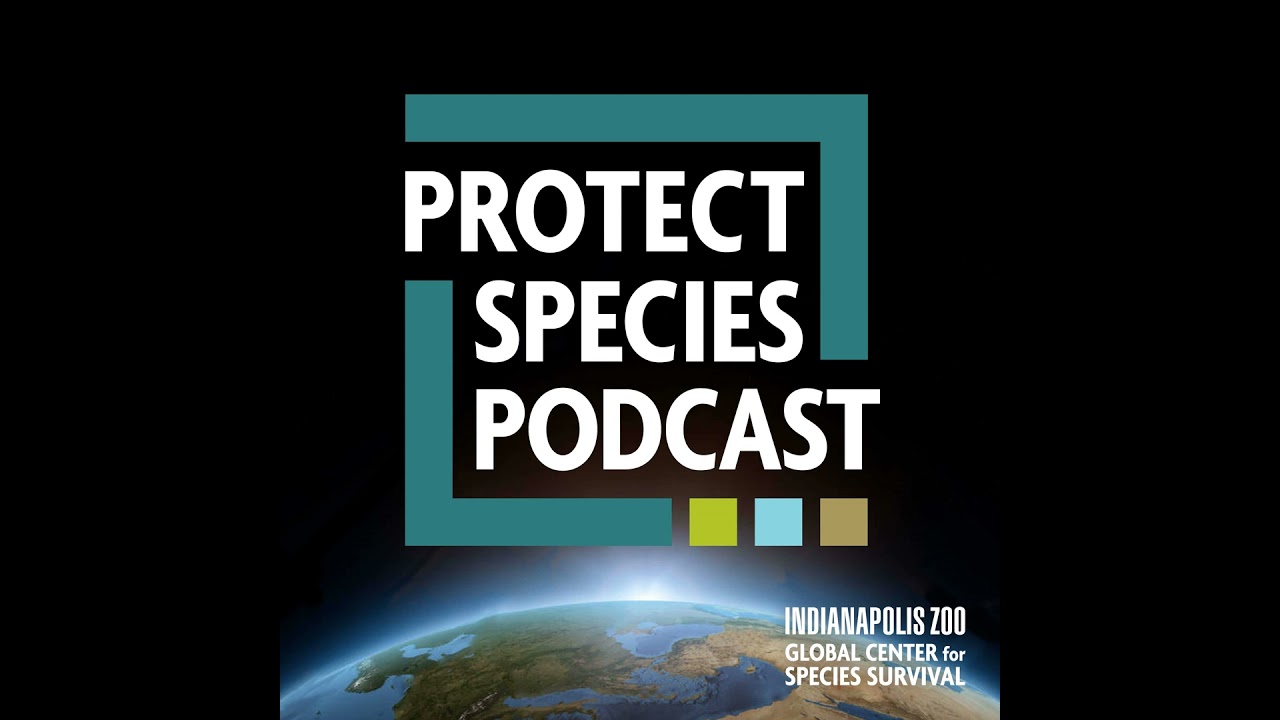– The critical role of sharks in marine ecosystems and the current threats they face.
– The impact of human activities on ocean health and shark populations.
– Dr. Rima Jabado’s work and insights into shark conservation and the broader implications for oceanic preservation.
– Strategies and solutions for mitigating the threats to sharks and the ocean.
Sharks have long been depicted as the villains of the sea, instilling fear through blockbuster movies like JAWS. However, the real threat to our oceans and its inhabitants unfolds far from the silver screen, with human activities posing significant risks. Dr. Rima Jabado, a leading shark conservationist, has spent years studying these misunderstood creatures, revealing their important role in maintaining marine ecosystems’ health and the urgent need for global conservation efforts to protect them.
As apex predators, sharks regulate the species below them in the food chain, ensuring healthy and balanced ecosystems. Their removal, often due to overfishing, bycatch, and habitat destruction, can lead to the collapse of marine habitats and the depletion of other fish populations. Despite their critical role, many shark species are now facing the risk of extinction. Dr. Jabado’s research provides evidence that the decline in shark populations indicates larger environmental issues, signaling an alarming trend of oceanic degradation.
Human activities, particularly overfishing and pollution, have significantly declined shark numbers. Practices such as shark finning continue to thrive due to high demand in certain cultures. Additionally, habitat destruction, such as coral reef damage, which serves as vital grounds for feeding and nursery, further exacerbates the situation. Dr. Jabado emphasizes the necessity of understanding and addressing these issues as part of a larger conversation on ocean health and sustainability. Her work highlights the link between shark conservation and broader environmental objectives, such as combating climate change and protecting biodiversity.
In addressing the conservation efforts spearheaded by Dr. Jabado and others in the field, it becomes clear that sustainable fishery practices, stricter enforcement of fishing regulations, and increased public awareness and education are essential. Protected marine areas and shark sanctuaries have shown promise in helping shark populations recover. Furthermore, Dr. Jabado advocates for the importance of international cooperation and integrating traditional knowledge into conservation strategies. Conservation efforts can be more effective and culturally sensitive by working with local communities, particularly those that rely on the ocean for their livelihood.
Mitigating threats to sharks and the ocean involves a multipronged approach. It requires a shift in public perception, viewing sharks not as threats but as vital contributors to marine ecosystems. This includes dispelling myths surrounding sharks and promoting a more realistic understanding of their behavior and ecological importance. Legislation plays a key role, with the need for stronger international laws to regulate fishing and trade. Additionally, research and monitoring are crucial for informed decision-making and policy development. Ongoing studies, like those conducted by Dr. Jabado, inform conservation measures and help track the progress of efforts to protect sharks and their habitats.
Dr. Rima Jabado’s work in shark conservation is a testament to the interconnectedness of all life in our oceans. Her findings underscore the urgency of adopting comprehensive conservation strategies that address the root causes of marine degradation. By focusing on the preservation of sharks, we safeguard these incredible species and contribute to the overall health and resilience of ocean ecosystems. As guardians of the planet’s largest ecosystem, it is our responsibility to heed the insights of scientists like Dr. Jabado, recognizing that the real threat to our oceans comes from our actions – and it is within our power to change the course towards a more sustainable and prosperous future for all ocean life.
*****
Source Description
Dive beneath the surface with us as we bring to light the enchanting and perilous world of sharks, alongside the indomitable shark conservationist Dr. Rima Jabado. She’s not just making waves; she’s here to guide us through the blue abyss, unraveling myths and broadcasting a clarion call for the protection of these majestic creatures. Our conversation navigates from the spine-tingling theme of “JAWS” to the stark realities threatening shark populations, striking a balance between jest and the sobering urgency for marine conservation.
Throughout the episode, we traverse the diverse tapestry of marine life, spotlighting not only the apex predators of the sea but also the lesser-known species that are equally crucial to the oceanic ecosystem. Rima shares her journey from childhood wonder to conservation crusader, shedding light on the remarkable projects aimed at safeguarding our finned friends. We navigate the complexities of marine protected areas, the nuances of shark behavior, and the global challenges that loom large over the survival of these enigmatic species. In the midst of it all, we conjure the peculiar allure of the ocean’s more obscure residents, from the curious goblin shark to the vibrant freshwater stingrays.
—
Rima mentions the Elasmo Project (http://www.elasmoproject.com/home.html) , a non-profit initiative she founded in 2010 to encourage work in data-poor areas focused on investigating shark and ray fisheries and trade. She also recently launched the Important Shark and Ray Areas (https://sharkrayareas.org/) project to map critical habitats for these species around the world and support area-based management. Additionally, Rima is Deputy Chair of the IUCN SSC (https://www.iucn.org/our-union/commissions/iucn-species-survival-commission-2021-2025) and the Chair of the Shark Specialist Group (https://www.iucnssg.org/) .

